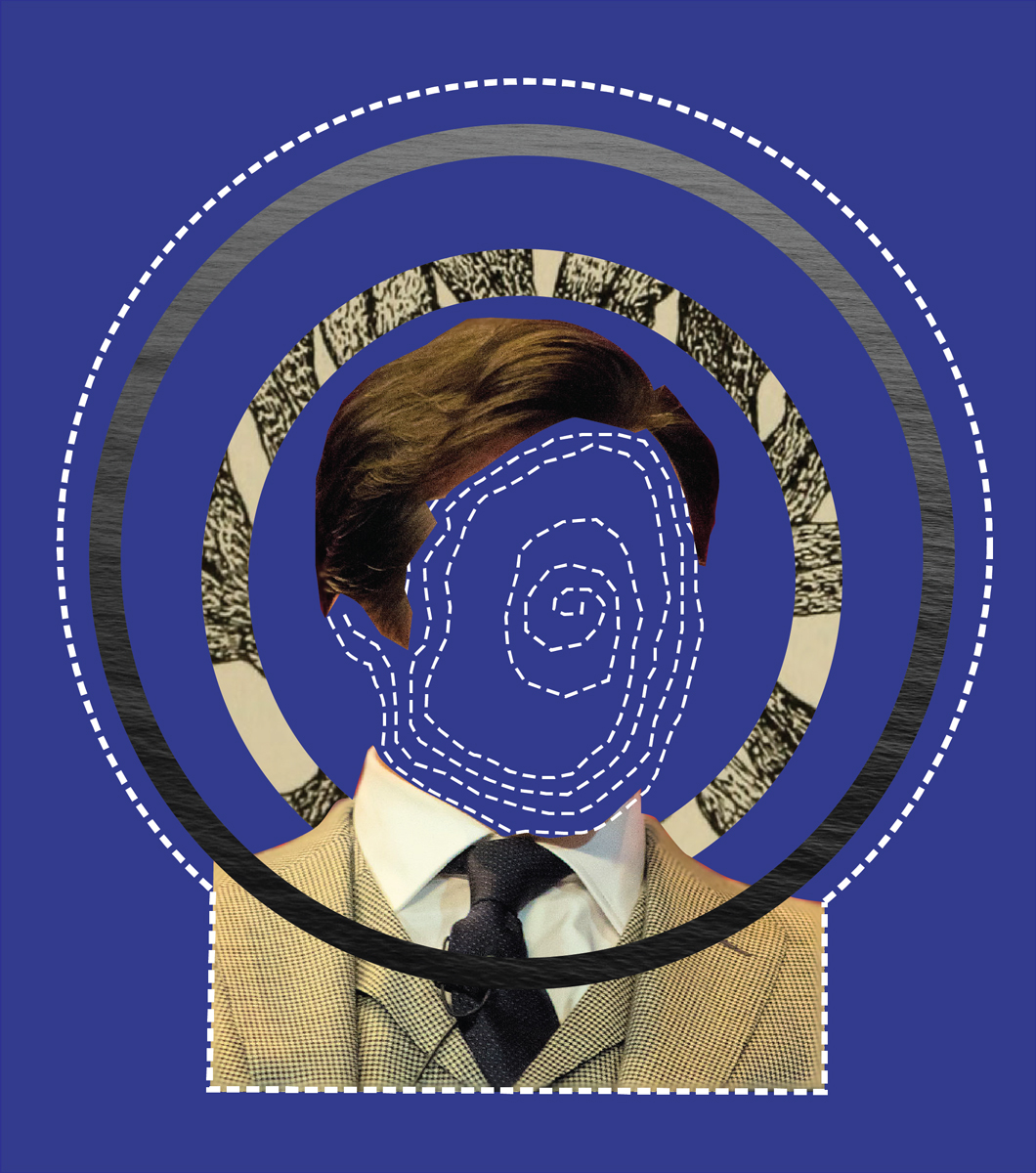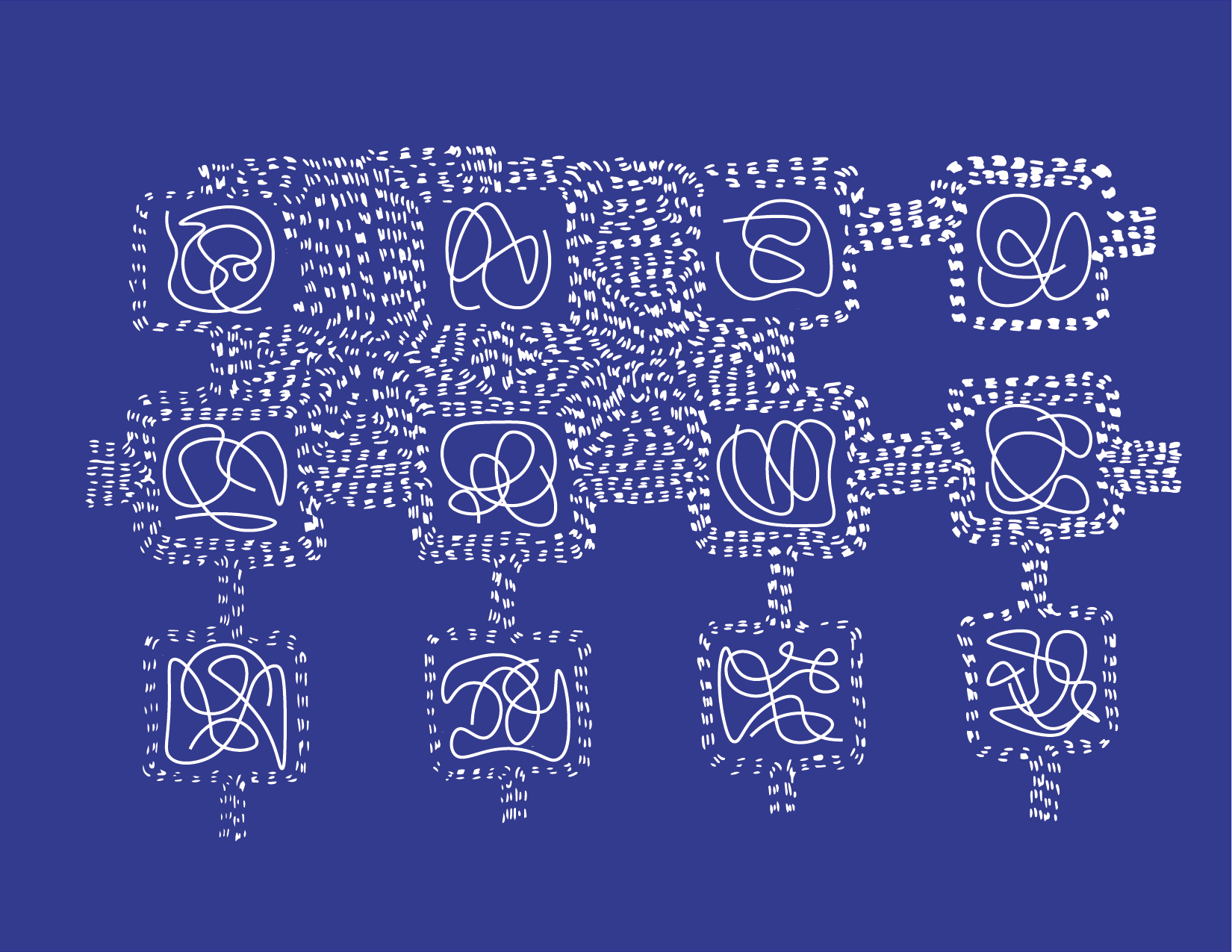I have been questioning how much of my mental disability I should disclose to my students. I had been warned about performing excess emotional labor as a female instructor, but remote instruction throughout the pandemic already blurred the boundaries between home and school, personal and professional. My students were sharing their pandemic grief in their compositions. Would it be unprofessional to share some of my own?

In my faculty manual, “professional” is never defined, but it appears to describe my responsibilities on the clock: be punctual, be communicative, and be ethical. If a student shares their personal difficulties, I am to refer them to the other professionals in student affairs. As Margaret Price describes in her book Mad at School: Rhetorics of Mental Disability and Academic Life, academia attempts to draw a moat between reason and affect, with an emphasis on protecting the former. The impact on people with mental disabilities is twofold. When a student struggles with mental disability, instructors are reminded they are not therapists and encouraged to triage them out to counselors. (For those who haven’t been through the process, it often takes weeks to get an appointment with a counselor, and in the meantime, you’ll wade through reams of paperwork.) When an instructor has a mental disability, admitting as much is a liability to their career because, as the thinking goes, the ivory tower houses only logical minds.
The way academia has the potential to exile affect, often dressed as professionalism, makes mental disability, particularly mood disorders, radioactive. To be sure, there are limits to the support an instructor can offer, but I have yet to meet a rhetoric and composition instructor who manages to scrub their classroom of emotion. There’s a theater to it. I lay out my objective teaching goals in my syllabus as an academic professional. Then, in my home office, where my husband and I watch Netflix, I read intimate confessional pieces from my students as a neurodivergent person with her own baggage.
Lad Tobin writes, “The teaching of writing is about solving problems, personal and public, and I don’t think we can have it both ways: we cannot create intensity and deny tension, celebrate the personal and deny the significance of the personalities involved.” He advises instructors to evaluate their emotional stake in the writing classroom honestly. My students’ troubles wander into my mind on unpaid time. I identified with the students who were flagging under the weight of depression, especially those who told me about their neurodivergence. When I did disclose a fragment of my mental disability to a student, I tried to do so in service to them. I can’t see into my student’s mind, but I think it was easier for them to speak about their needs once I became vulnerable. It feels human to connect with students and express that we have some idea of how they feel because we were once there, too. Yet, I spent a good amount of time reconsidering. Would the employee handbook consider disclosure of disability professional?
My subconscious imagines “a professional” as someone who looks like Jon Hamm in Mad Men—white, able, male, the normate in American culture capable of checking the personal at the door to deliver a consistent product. He more closely resembles a machine than a person. When the university charges tens of thousands of dollars in tuition for online courses, I feel pressure to be a good computer who tabulates grades and ships out degrees. Pretending is harder for disabled people, but the normate template is out of reach for all human beings. We all age and get sick. Our loved ones age and get sick. There is no sustainable pill replacement for food, exercise, and sleep.
Depression is categorized as disability, and according to an article from PNAS, 46 – 61% of university students were at risk of depression during the pandemic, a 90% increase from the previous year. If we care about accessibility, we must also consider the influx of students and faculty living with long COVID, a syndrome whose symptoms include chronic fatigue, headaches, and shortness of breath. The construction of disability as an individual tragedy, a harmful defect from the norm, becomes especially flimsy in the wake of a plague that touches the lives of most human beings on earth. This past year, I suspect many of us scraped against mental disability in a very normal response to grief and exhaustion. To make coming to class emotionally and physically sustainable for both students and instructors, we had to reassess the policies on our syllabi.

I saw many colleagues and administrators make accommodations much more widely available to students. Online instruction left much to be desired when it came to building a classroom community, but it was refreshing to make “yes” the default answer to accommodation requests. My students take a risk when they share their lives with me in their work. It only feels fair to believe them when they tell me they are struggling.
In my online classroom, I offered class recordings and extended deadlines upon request, no letter from the disability office needed. Major papers could also be revised for a higher grade. We departed from my experience of “professionalism”—a rigid divorce from the personal managed by administrative procedure—to a dialogue built on good faith. I think the outcomes spoke for themselves. Students turned in the majority of their projects on time. When it came to grades, we talked about revision instead of litigating the syllabus. If it’s any indication of my students’ opinion on the course’s fairness, my inbox was also quiet after submitting final grades.
Most significant, it felt good to assume the best of my students. Opening the class with trust laid out a positive emotional template for the rest of the semester. I certainly benefited from my students’ reciprocal patience as I fumbled through the university’s remote instruction technology.
I hear rumblings of cutting this flexibility from post-COVID syllabi as part of getting back to normal, and I want to question that impulse. This pandemic shook us. Rather than closing the door on the way out, we can cultivate empathy for the many people who will still be coming to work unaccommodated. Let’s shake off a rigid version of professionalism in favor of something more flexible to the shape of human life. We must risk assuming the best of each other to remove barriers to accessibility, and I think we’ll all breathe more easily in that more just classroom.
